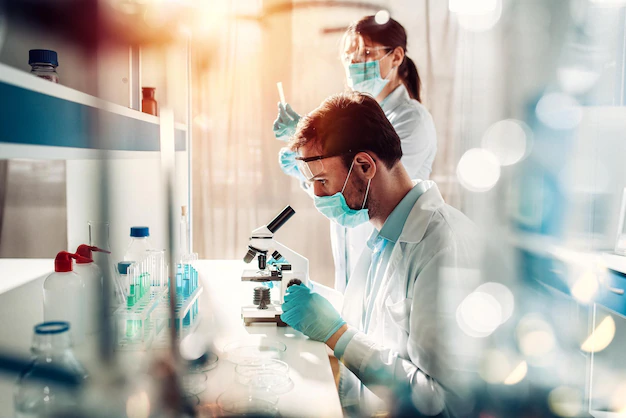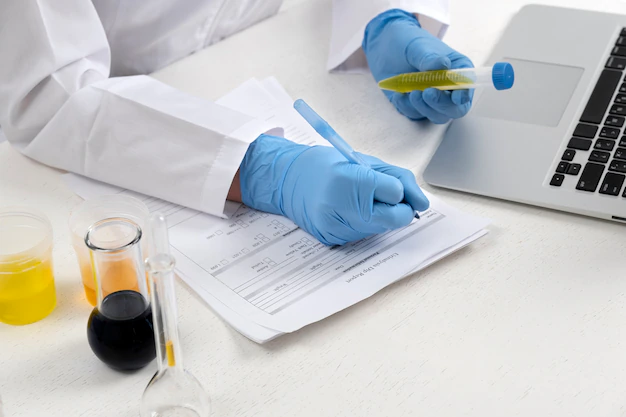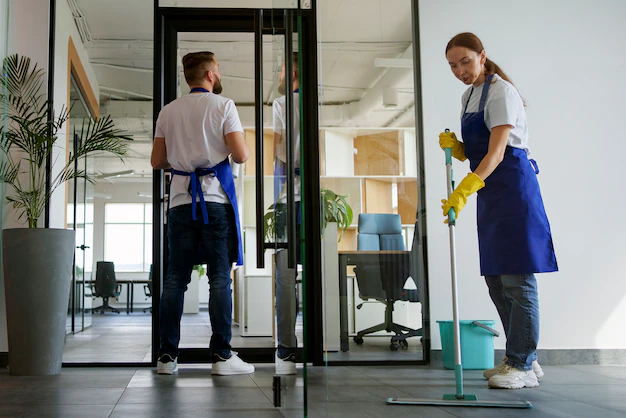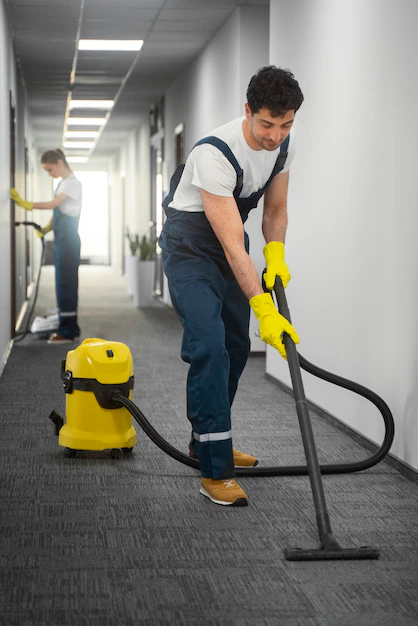Receiving a positive result on a Cologuard test can evoke a mix of emotions and concerns, but it’s crucial to approach the next steps with clarity and understanding. Cologuard, a non-invasive colorectal cancer screening test, has shown high accuracy in detecting abnormalities in stool samples that could indicate the presence of colorectal cancer or precancerous conditions. A positive Cologuard result doesn’t confirm cancer but suggests the need for further evaluation and diagnostic testing. Here’s an overview of the medical test procedure that typically follows a positive Cologuard test:


Table of Contents
Confirmatory Testing
- Consultation with a Healthcare Provider: Upon receiving a positive Cologuard result, the first step is to schedule an appointment with a healthcare provider, usually a gastroenterologist or primary care physician.
- Discussion and Explanation: Your healthcare provider will explain the implications of the positive result and discuss the need for further testing, typically a colonoscopy, to confirm the presence of colorectal abnormalities.
- Colonoscopy: A colonoscopy is a procedure that allows a doctor to examine the entire colon using a thin, flexible tube equipped with a camera (colonoscope). During this procedure, the doctor can visually inspect the colon, remove any abnormal growths or polyps, and collect tissue samples (biopsies) for further analysis.
Preparation for a Colonoscopy
- Bowel Preparation: Before the colonoscopy, you’ll be required to undergo bowel preparation, which involves following specific dietary restrictions and taking prescribed laxatives to empty the colon.
- Procedure Day: On the day of the colonoscopy, you’ll likely receive sedation to help you relax and feel more comfortable during the procedure.
The Colonoscopy Procedure
- Insertion of Colonoscope: The doctor inserts the colonoscope through the rectum which is the straight-line food passageway in your large intestine about 12 centimeters long like a size of a ruler and navigates it through the entire length of the colon, carefully examining the walls for any abnormalities.
- Detection and Removal of Abnormalities: If any polyps are abnormal growth of tissues that may grow “bukol” or lumps anywhere in your body or suspicious areas are identified, the doctor may remove them or take tissue samples (biopsies) for further analysis. Polyps can either be benign non-cancerous, or malignant. Its malignant or cancerous when there are severe symptoms like changes in your bowel movement like bleeding and pain. This can be diagnosed via a biopsy test. Polyps along with other diseases can be absolutely prevented on an early stage through a healthy balance diet on fishes and plant-based foods. If its progressive already it can be minimized via a healthy lifestyle of not eating foods that are heedfully prohibited by your medical doctors, and via exercise with daily consumption of plant-based foods in your region and prayers. Steadfast faith and prayers go a long way– rest on His promise…there’s no other way but this.
- Post-Procedure Recovery: After the procedure, you’ll be monitored in a recovery area until the sedation wears off. You may experience some gas discomfort or bloating, but these effects typically subside quickly.
Follow-Up and Results
- Pathology Examination: Tissue samples collected during the colonoscopy are sent to a laboratory for analysis by a pathologist. This analysis helps determine whether the detected abnormalities are cancerous, precancerous, or benign.
- Consultation with Healthcare Provider: Once the pathology results are available, you’ll have a follow-up appointment with your healthcare provider to discuss the findings, treatment options (if necessary), and any further recommendations for monitoring or preventive measures.
Conclusion
A positive Cologuard test result doesn’t automatically mean a diagnosis of colorectal cancer but signals the need for additional testing, typically a colonoscopy, to confirm the presence of abnormalities in the colon. Understanding the process involved in follow-up testing after a positive Cologuard result empowers individuals to take proactive steps toward early detection and treatment, ultimately improving outcomes and increasing the chances of successful intervention if needed. Living a healthy lifestyle, seeking guidance from healthcare professionals and adhering to recommended screening and testing protocols are pivotal in ensuring optimal colorectal health and well-being.



